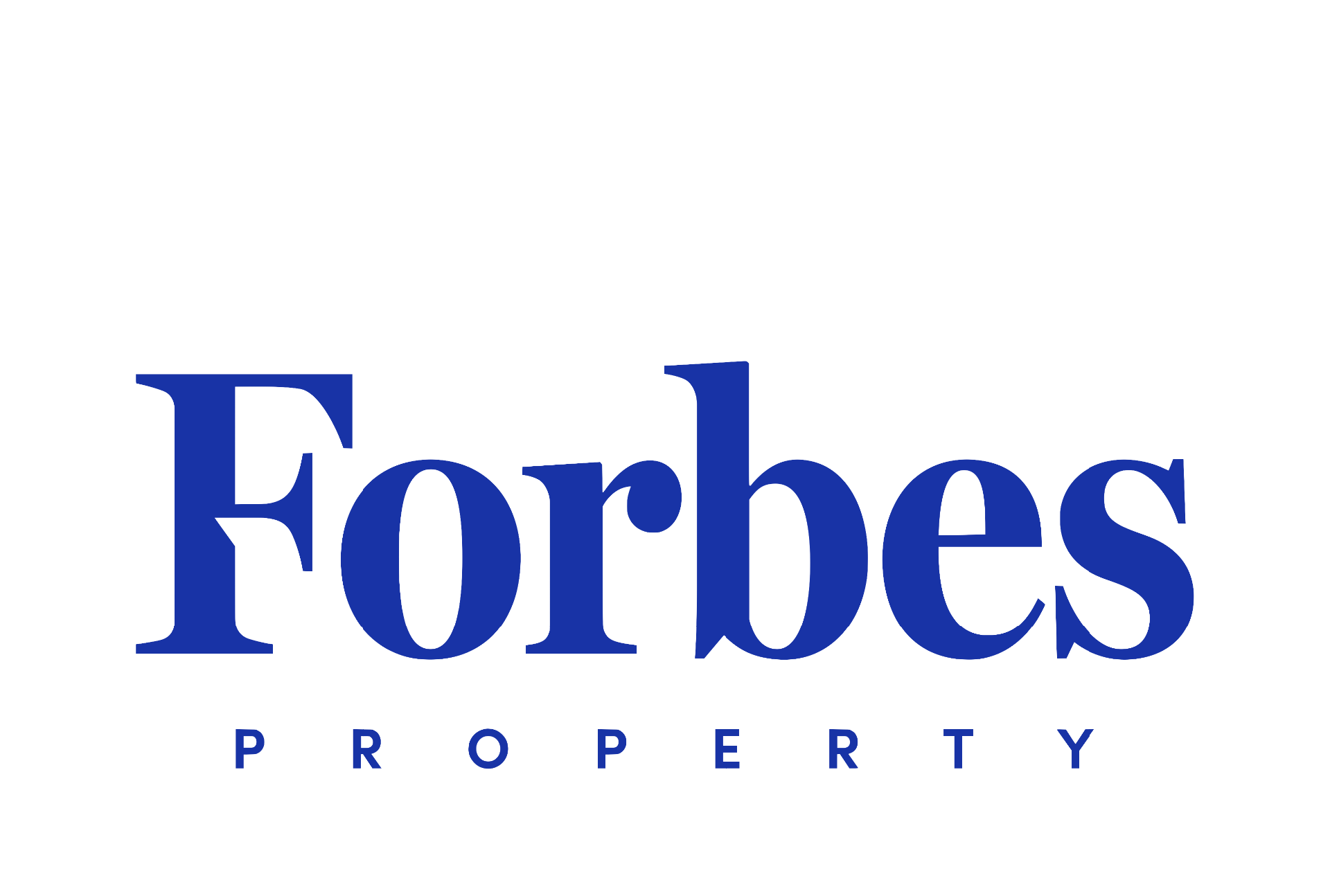Renting Residential Property In Ireland

Letting Out Your Property

Christine Cullen, Senior Negotiator of Forbes Boyle outlines the main 'need to know' elements involved in letting out your property.
"A Landlord is a person who leases or rents a property. The person who rents the property is a Tenant. The agreement between the both parties is called a Tenancy or Lease. The agreement can be in writing or verbal."
Types of Tenancies:
Fixed Term Tenancy:
A Fixed Term Tenancy is a tenancy that lasts for a specific amount of time. This type of tenancy is usually covered by a lease and forms a contract between both landlord and tenant.
Obligations and responsibilities of the tenancy are set down in the lease. In general, a landlord cannot end the tenancy before the fixed term unless the tenant is in breach of his obligations. Similarly, the tenant cannot end the tenancy unless the landlord is in breach of his obligations, however, a tenant (with the written consent of the landlord) is permitted to have someone take over the tenancy. If the landlord does not give consent then the tenant is permitted to end his tenancy.
When a tenant chooses to have someone take over the tenancy he can either choose to :
Sublet the property - to another person where the tenant moves out. The tenant is still responsible to the landlord for the tenancy and effectively becomes the head tenant. or
Assign the property - Where the the tenant finds another person to replace him and leaves the tenancy. This person becomes the tenant of the property. The original Tenant no longer has a responsibility to the landlord.
If the tenant wishes to stay in the property after the end of the fixed term, he must notify the landlord at least a month before the tenancy ends.
Periodic Tenancy:
A Periodic Tenancy does not specify an amount of time. This can be weekly, monthly depending on when the rent is due. This type of agreement may or may not be in writing. A tenant can end a periodic tenancy at any time by giving the landlord a valid notice of termination and the required notice period. A landlord may end the periodic tenancy at any time during the first six months without giving a reason and also by giving a valid notice of termination and the required notice period.
A tenant in a property after six months, in general, acquires security of tenure. See Part VI tenancy below.
A Part VI Tenancy:
When a tenant has been renting for at least 6 months, hasn't been served with a valid notice of termination, in general, he acquires security of tenure and can stay in the property for a number of years. The number of years depends on when the tenancy started, if the tenancy started on or before 24th of December 2016 the number of years is 4 years, if the tenancy started after 24th of December 2016 the number of years is 6 years.
It is important to note:
A 'Part VI' tenancy runs alongside a fixed term tenancy, which means that the tenant shall, after a period of 6 months and as in the normal course, becomes entitled to the provisions of a 'Part VI' tenancy. This simply means that irrespective of the length of fixed term lease, a tenant has an entitlement to remain in the dwelling house for up to 4 or 6 years (depending on when the tenancy started) and the landlord can only terminate the tenancy on limited grounds.
We reference the following websites RTSB, Threshold and Citizens Information in the above document.
DISCLAIMER:
"While every care has been taken in the preparation of this document Forbes & Boyle is not responsible for any errors or omissions. This document is for guidance purposes. Forbes & Boyle assume no responsibility for and give no guarantees, undertakings or warranties concerning the accuracy, completeness or up to date nature of the information in this guidance note and do not accept any liability whatsoever arising from any errors or omissions contained therein".
Tagged as: Renting Residential Property
Share this post:

